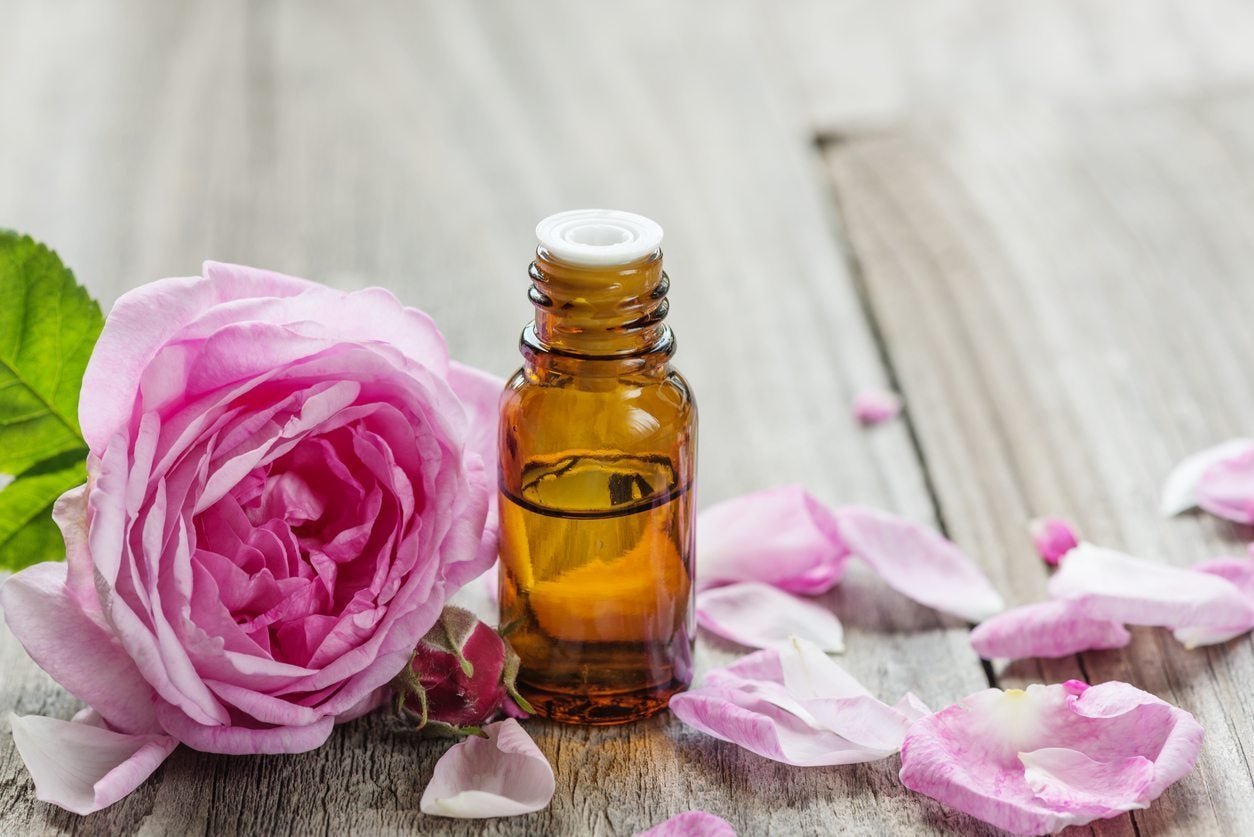Natural perfumes are crafted with meticulous attention to the ingredients derived from nature. Unlike synthetic fragrances, which are composed of chemical compounds created in laboratories, natural perfumes predominantly utilize plant-based materials. Key components of these fragrances include essential oils, botanical extracts, and absolutes, which are derived from various parts of plants such as flowers, leaves, seeds, and roots. This significant distinction highlights the commitment of natural perfumes to harness the essence of the natural world.
The creation of natural perfumes emphasizes purity and simplicity, often eschewing artificial additives and preservatives. This dedication to utilizing nature’s bounty allows for a diverse range of scents, each with its unique composition and character. For instance, essential oils such as lavender or rose not only provide distinct aromas but also offer therapeutic properties, enhancing the overall sensory experience. The blending of these natural ingredients results in complexities that are often absent in synthetic fragrances, where pre-defined scent profiles may limit creativity.
Moreover, opting for natural perfumes presents various benefits that extend beyond the sensory appeal. One notable advantage is their minimal environmental impact. By sourcing ingredients sustainably, many producers of natural perfumes contribute to the preservation of biodiversity and encourage ethical farming practices. Furthermore, natural perfumes tend to be more skin-friendly; they often lack harsh chemicals that can irritate sensitive skin—a common issue associated with synthetic options. The fragrances produced through natural processes often exude a depth and richness that resonates more profoundly, making each application a unique olfactory journey.
In summary, natural perfumes offer a compelling alternative to their synthetic counterparts, celebrating the purity of nature while providing an array of benefits for both users and the environment.
The Scent Profile: Understanding Natural Perfume Notes
Natural perfumes are distinguished by their intricate scent profiles, which evolve beautifully over time. These perfumes are crafted using essential oils, resins, and other plant-derived materials, resulting in a harmonious blend that tells a story from the moment of application. The structure of a natural perfume is typically divided into three types of notes: top, middle, and base notes, each playing a vital role in the fragrance experience.
Top notes are the first scents perceived upon spritzing the perfume. They are usually light and volatile, evaporating quickly to provide an immediate impact. Common top notes in natural perfumes include citrus fruits like bergamot and lemon, along with refreshing green notes such as basil and mint. These scents create an initial burst of fragrance that captures attention and provides an uplifting sensation.
As the top notes fade, middle notes—often referred to as heart notes—begin to emerge. These notes typically form the core of the fragrance and are more rounded and harmonious, lasting longer than the volatile top notes. Floral scents such as rose, jasmine, and ylang-ylang are frequent representatives of this category, imparting a sense of softness and depth to the overall fragrance experience. Additionally, some natural perfumes may feature herbaceous or fruity middle notes, showcasing a broader range of olfactory profiles.
Finally, base notes provide the lasting impression of a natural perfume. These notes tend to be rich and deep, anchoring the fragrance and ensuring longevity. Common base notes include woody elements like sandalwood and cedar, as well as warm and resinous scents such as frankincense and vanilla. The interplay between these three layers of notes creates a complex and captivating aroma that unfolds over time, allowing the wearer to experience the journey of the fragrance throughout the day. Each ingredient, carefully selected for its aromatic qualities, contributes to the overall allure of natural perfumes.
The Benefits of Choosing Natural Over Synthetic
The decision to embrace natural perfumes over synthetic alternatives presents a range of benefits that extend beyond mere sensory experiences. Primarily, one of the most significant advantages of natural fragrances is their reduced likelihood of causing skin irritation and allergic reactions. Many synthetic perfumes incorporate a variety of chemical compounds, which may cause discomfort or adverse reactions in sensitive individuals. In contrast, natural perfumes are formulated using plant-based ingredients and essential oils, which are generally gentler on the skin, making them a more suitable option for those with allergies or sensitive skin conditions.

Moreover, there are ethical implications associated with sourcing ingredients for natural perfumes. Many brands prioritize sustainable practices by obtaining their components from responsible suppliers, which not only supports local communities but also encourages environmentally conscious cultivation methods. For instance, sourcing ingredients from organic farms reduces the carbon footprint associated with conventional agricultural practices, thus contributing to a healthier planet. This ethical commitment resonates with consumers who are increasingly concerned about the provenance of products they support.
Furthermore, the environmental impact of fragrance production cannot be overlooked. The manufacturing of synthetic fragrances often involves processes that can lead to pollution and habitat destruction. In stark contrast, natural perfumes typically utilize renewable resources and aim to minimize waste throughout the production cycle. By choosing natural perfumes, consumers make a conscious decision that contributes to sustainability and promotes biodiversity.
In essence, the benefits of selecting natural perfumes over synthetic options are multi-faceted. From health advantages and ethical sourcing to positive environmental effects, the choice for natural fragrances aligns well with a sustainable lifestyle. The growing awareness and demand for natural perfumes reaffirm a broader trend towards mindfulness and responsibility in modern consumption.
How to Choose and Apply Natural Perfumes
Selecting the right natural perfume is an essential aspect of personal fragrance expression that requires an understanding of individual preferences and skin chemistry. To begin, it is advisable to test various fragrances on your skin rather than relying solely on scent strips. This is crucial because natural perfumes can interact uniquely with your body chemistry, altering their scent profile. It is recommended to apply a small amount on your wrist or inner elbow and give it time to develop throughout the day, observing how it evolves. This approach will help you determine if the fragrance resonates with you over time.
When considering concentration levels, be aware that natural perfumes come in different forms, such as eau de parfum or pure essential oils. Eau de parfum typically contains a higher concentration of fragrance oils, offering a stronger scent that lasts longer. In contrast, essential oils are pure botanical extracts and can provide a more subtle yet profound aromatic experience. Understanding these differences can greatly influence your choice, ensuring it aligns with your desired intensity and wear duration.
Layering scents is another technique to create a personalized fragrance profile. This involves wearing multiple natural perfumes concurrently, combining complementary notes to enhance depth and complexity. For instance, layering a floral scent with a woody base can add sophistication. Additionally, consider the application techniques, as spraying or dabbing on pulse points like wrists and behind ears will enhance the scent’s projection. To improve longevity, apply unscented lotion or oil on these areas prior to the fragrance application to create a moisturizing base for the natural perfumes. Lastly, proper storage is imperative; keep your perfumes in a cool, dark place away from sunlight and fluctuating temperatures to maintain their quality and integrity. By following these tips, you can elevate your natural fragrance experience to a new level.
